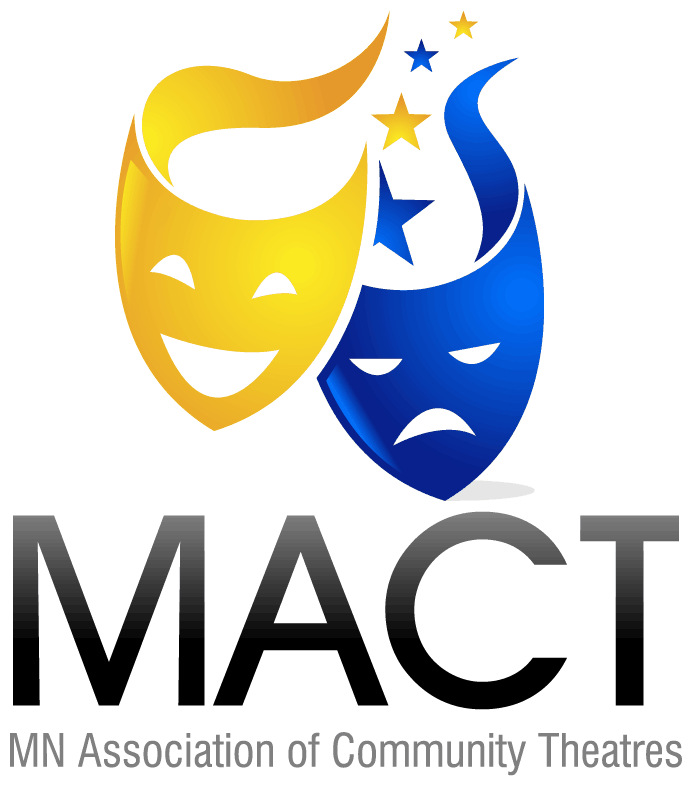It’s election time again. (If you haven’t noticed that yet, I’m sure you soon will!) Do you know what your nonprofit organization can and cannot do in regards to the election?
The rules on lobbying as a 501(c)(3) not-for-profit organization are pretty clear. Failure to follow those rules and you risk losing your nonprofit, tax-exempt status.
(This is information garnered from what we believe to be reliable sources. It is not meant to be legal advise. It is also very general in nature. Contact an attorney specializing in nonprofit law for specific advice.)
In general, your organization can:
- educate elected officials on issues of concern in the arts community,
- arrange meetings with them to learn their views on the arts,
- invite them to organizational meetings and events and
- send them literature/information on arts issues.
As a 501(c)(3) nonprofit, your organization cannot:
- endorse or oppose candidates for public office,
- collect or distribute funds for political campaigns,
- use your facilities for political fundraising (although you can rent out your facility to candidates at the market rate), or
- engage in legislative activites past a “substantial limit” (the IRS has a lobbying limit for organizations; call MCA for more information).
You as an individual:
- can give money to candidates (as an individual using your own funds),
- can host an arts fundraiser or candidate event at your house – and invite all of your friends,
- can volunteer for a political candidate’s campaign.
- you cannot: Participate in campaign activities as an employee of your arts organization.
 MACT
MACT